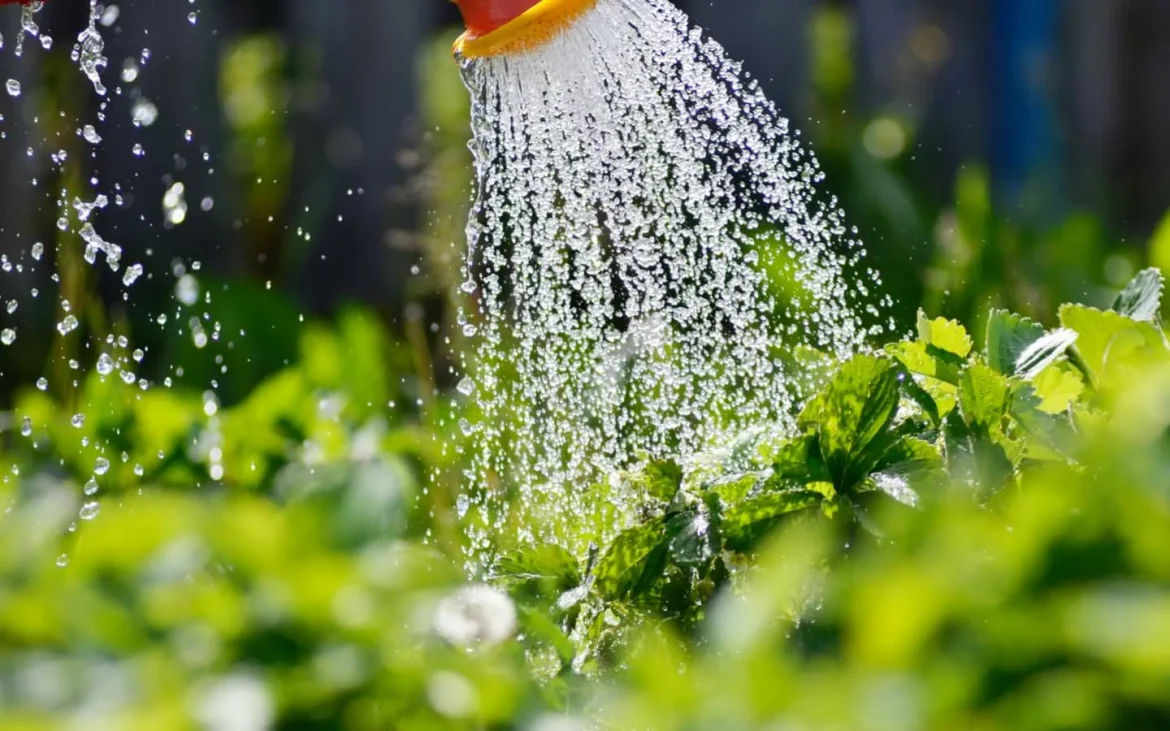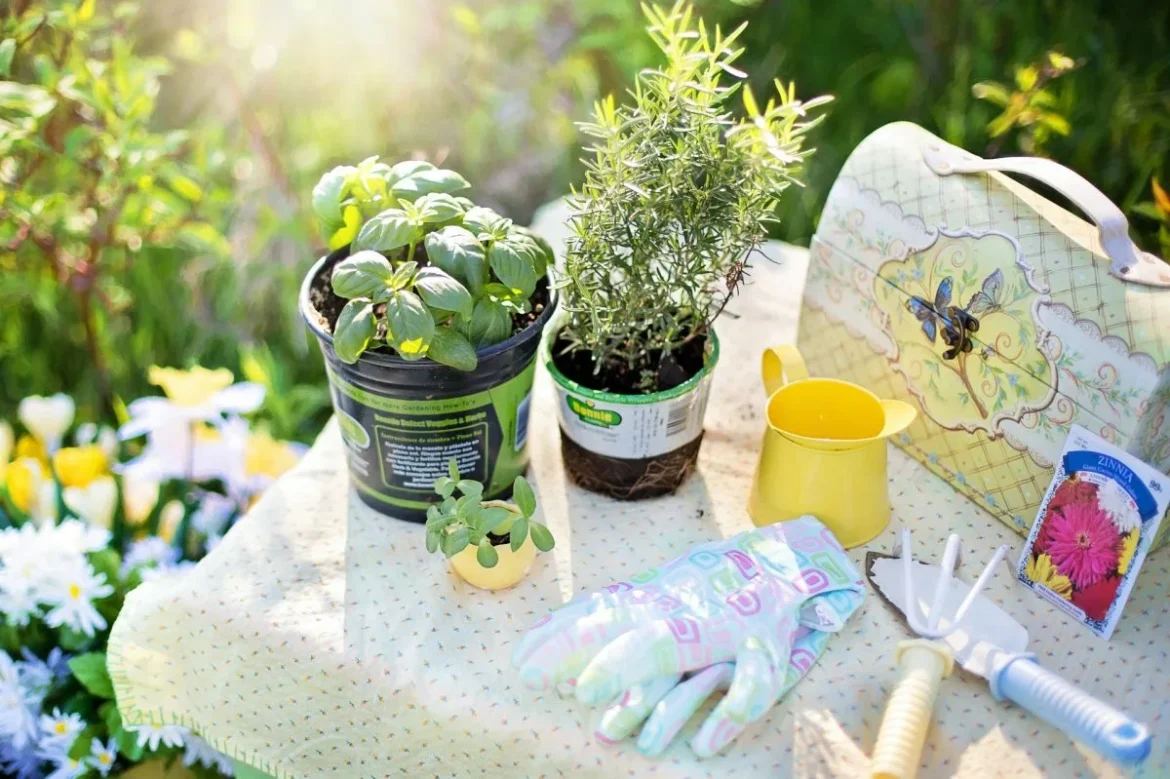Water-wise gardening is increasingly important as droughts and water shortages become more common. Designing a garden that conserves water benefits the environment while maintaining healthy, attractive plants.
Choosing drought-tolerant plants such as lavender, rosemary, sedum, and ornamental grasses reduces the need for frequent watering. Native plants are particularly effective because they are adapted to local conditions and can thrive with minimal intervention once established.





